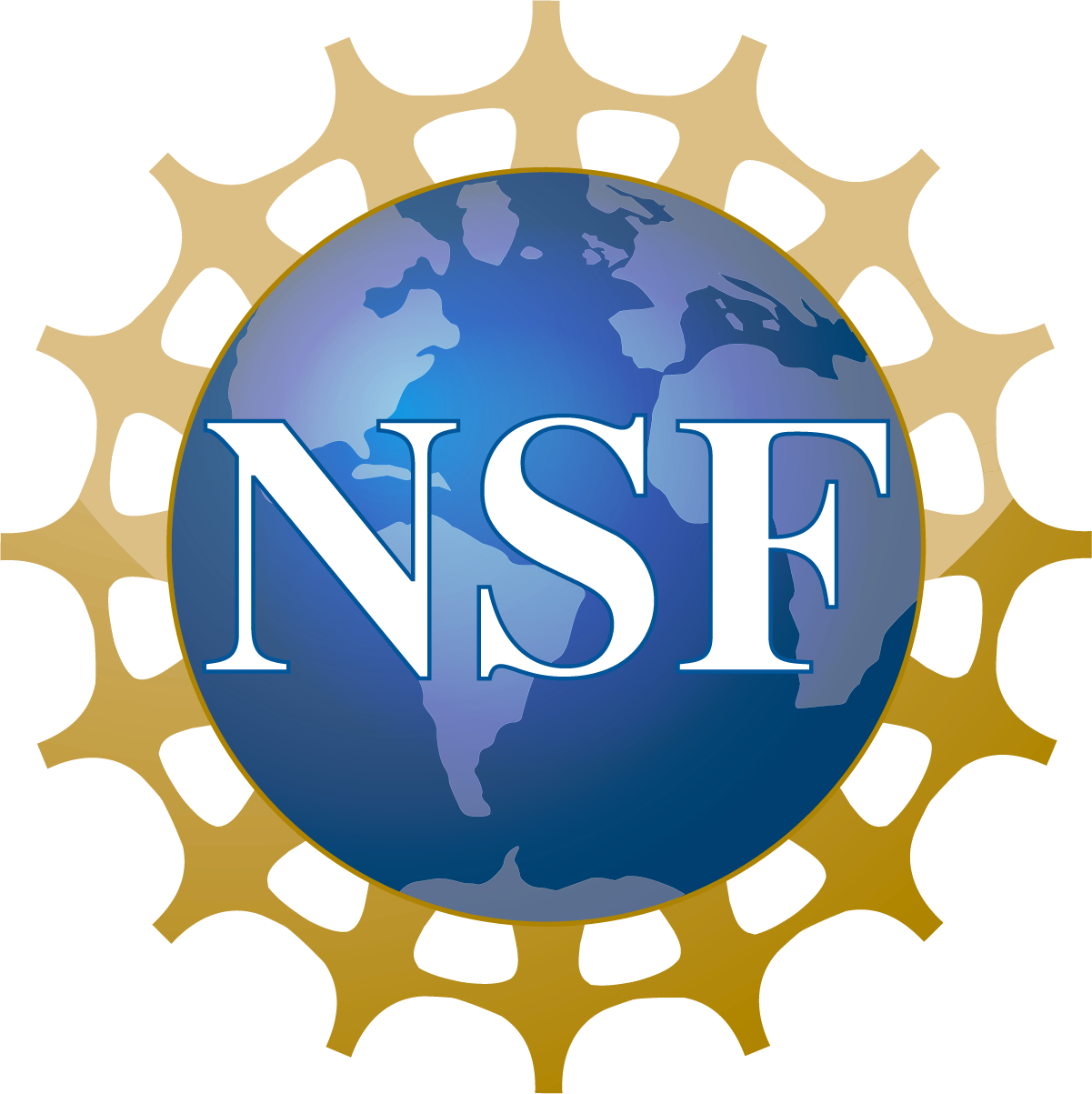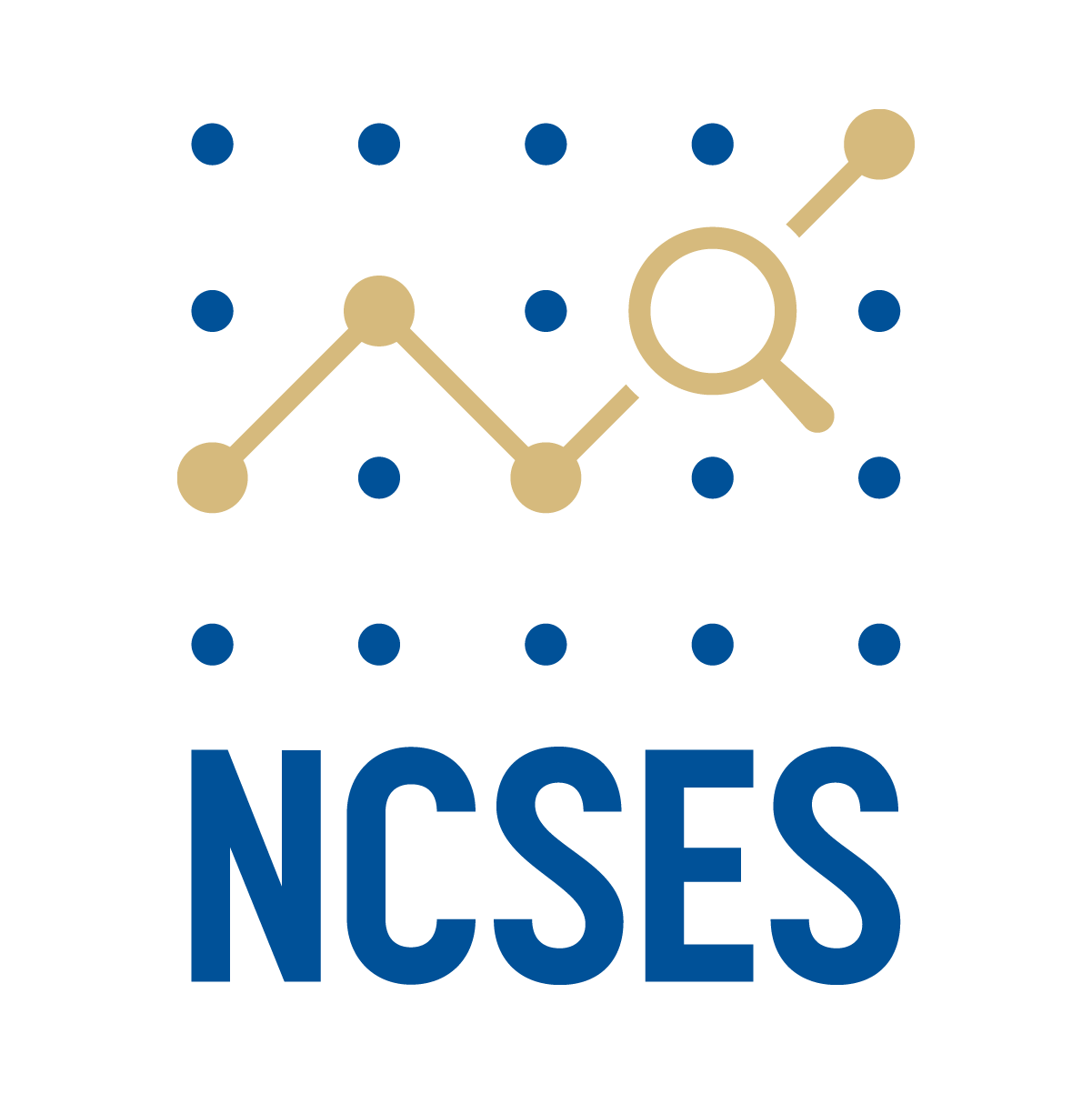FREQUENTLY ASKED QUESTIONS
We are seeking organizations in the below categories, particularly those non-traditional entities that are new to working with NSF.
- Non-profit entities
- Small businesses
- Large businesses
- Academic organizations
An entity (construed in its broadest sense to include qualified large and small businesses, universities, non-profits, philanthropic organizations, partnerships, joint ventures, and other entity forms) that is not currently performing and has not performed, for at least the three-year period preceding the solicitation of sources by NSF for the procurement or arrangement, under any NSF procurement contract or NSF instrument of financial assistance.
No. Only NSF procurement contracts or an NSF instrument of financial assistance need to be assessed.
Annual dues have been waived for the period of October 1, 2023 through September 30, 2025.
An application with all necessary documentation can be processed in as little as 1-2 business days.
Representatives that wish to join the ADC mailing list to receive updates regarding future consortium activities should submit a mailing list request form HERE.
No, international companies are not permitted to join ADC.
The ADC will enable innovative and collaborative evidence building that will help us to better meet the NCSES and NSF missions. It will support and enhance the existing data ecosystem.
Federal statistical agencies and recognized units, other Federal agencies, as well as state and local government agencies can sponsor a project through the ADC.
NSF and NCSES established America’s DataHub Consortium in August 2021 to enable evidence-building by streamlining collaboration between researchers, innovators, and subject matter experts. The NSDS-D will create and test the infrastructure and resources that support this shared-service operational model.
ADC utilizes an innovative, flexible, and scalable acquisition process that adapts emerging challenges with secured federal and nonfederal data to inform decision-makers and benefit the American public. It is a public-private partnership that brings together experts from government, industry, and academia to collaboratively research and solve our nation’s toughest challenges.
While the NSDS-D and ADC are different and distinct, their efforts are complementary. ADC is testing potential solutions that demonstrate how data service structures and functions could grow, adapt, and evolve over time to inform the vision for the NSDS.
No. The intent of “Hub” is to denote the consortium is the place where all stakeholders come together to achieve the ADC vision.
The DataHub is not designed to be a warehouse, so we do not foresee it storing restricted data—we currently plan to leverage existing data infrastructure as it relates to specially protected data. We are also hoping to leverage existing and developing technologies in terms of privacy protection (i.e. secure multi-party computing is one example).
The ADC will partner with organizations that wish to engage. This could mean sponsoring a project through the ADC directly, partnering with another agency on projects through the ADC, or working with us on evidence building through the ADC.
NSF’s Other Arrangement authority offers regulatory relief from some parts of the Federal Acquisition Regulations (FAR), which allows the consortium to attract non-traditional and non-traditional-to-NSF organizations, meaning those that cannot (or will not) work with the Government due to FAR regulations.
NSF’s Other Arrangement Authority was used for ADC in order to prioritize relational contracting goals. Relational contracting is a method that emphasizes the need to establish a solid working relationship between the government and its contractor and provides flexibility to make adjustments through the life of the contract. The authority allows for flexibility, the prioritization of relationships, and the ability to reach non-traditional and non-traditional-to-NSF organizations.
No, anyone can view and respond to ADC solicitations. If selected for award, you must join ADC.
No, ADC members conduct the project work. The CMF supports the administrative and contracting functions for ADC projects.
On August 9, 2022, President Joe Biden signed the CHIPS and Science Act of 2022 into law. The legislation authorized the National Science Foundation (NSF) to establish a National Secure Data Service Demonstration Project, or NSDS-D, operated directly or via a contract by the National Center for Science and Engineering Statistics (NCSES). Per Section 10375, the NSDS-D must:
- Consult with the OMB and the National Artificial Intelligence Initiative Act of 2020 Interagency Committee.
- Align with recommendations from the Advisory Committee on Data for Evidence Building (ACDEB).
- Engage with Federal, state, local, and tribal government agencies in support of evidence building.
- Use processes, systems, and technologies to protect restricted data, statistical products, privacy, and confidentiality under the Confidential Information Protection and Statistical Efficiency Act (CIPSEA) of 2018.
- Ensure transparency to the American public.
An NSDS would provide a platform of shared services to streamline and innovate data access, data linkage, and privacy-protections to support expanded data use. Collaboration with all levels of government — including state, local, and tribal governments, as well as non-government stakeholders — will be critical in developing this data ecosystem. The ultimate goal of an NSDS is to support decision-making through the use of data, with particular emphasis on decisions about public programs and policy.
To support this vision, investments to enhance innovations for data linking, data protection, and streamlining processes across the federal government will be critical. The five-year demonstration project (NSDS-D) will inform decisions about whether an NSDS is established and the form it will take, determining what shared services are needed and are most effective, as well as what innovations can support an NSDS.
NCSES, in coordination with the National Science Foundation (NSF), the Office of Management and Budget (OMB), and the Interagency Council on Statistical Policy (ICSP), continues to discuss next steps for the demonstration project to ensure we meet the requirements in the law as well as adhere to the strict security and privacy standards as a principal statistical agency. Funded research opportunities in support of NSDS-D have — and will continue — to be solicited through the ADC.




